Switzerland’s ups and downs with Robert Mugabe
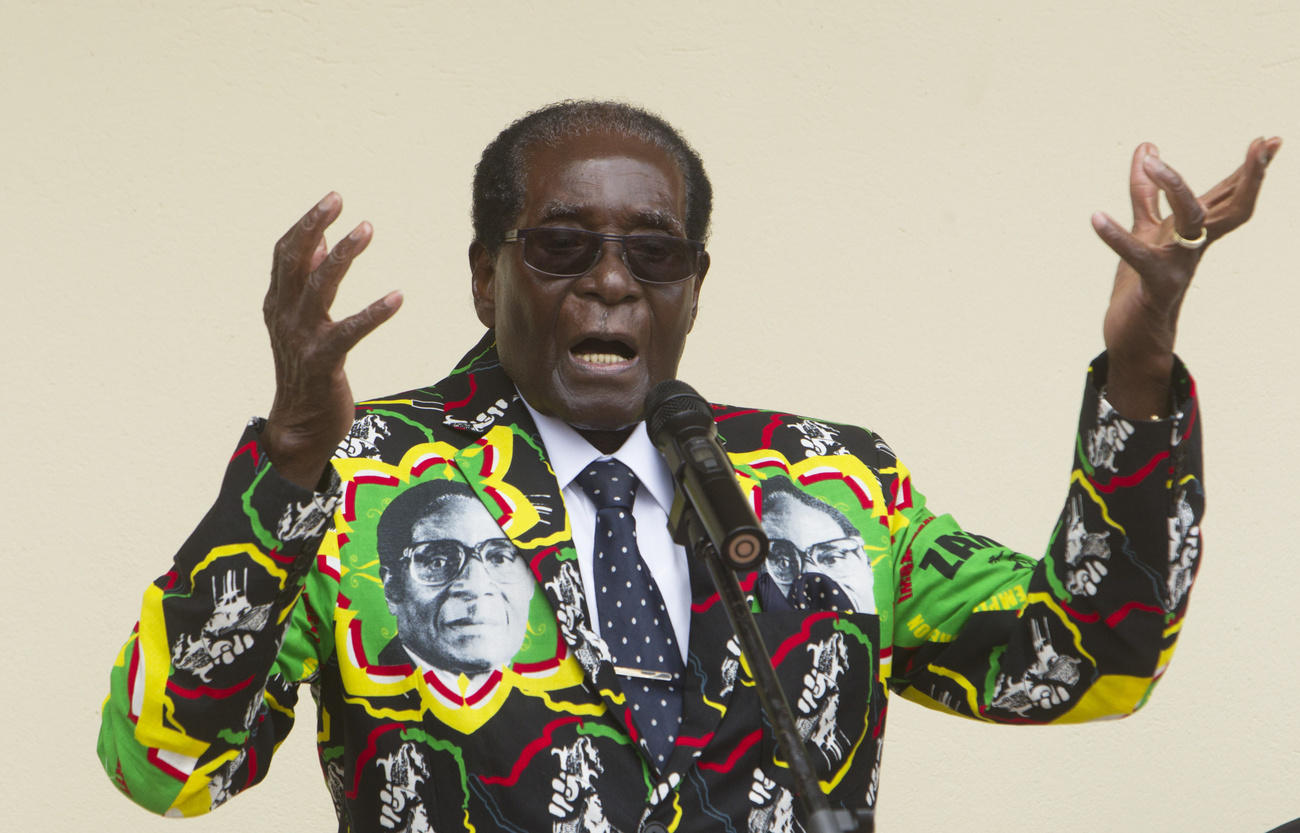
Swiss relations with former Zimbabwean president Robert Mugabe, who has died aged 95, were not easy, especially in his later years. They reflect Mugabe’s passage from independence hero to tyrant and human rights abuser at loggerheads with the West.
In 1980, the year Mugabe became president of former white-ruled Rhodesia, Switzerland recognised the independence and constitution of Zimbabwe and opened a consulate in its capital Harare. In his early years, Mugabe was hailed particularly for his development policies and was seen as a friend of the West.
But this began to sour in the 1990s with increasing human rights abuses, and especially after 2000 when Zimbabwe launched violent seizures of white farms. Switzerland froze bilateral relations with Harare and joined the European Union and other nations in imposing sanctions for electoral fraud and human rights abuses.
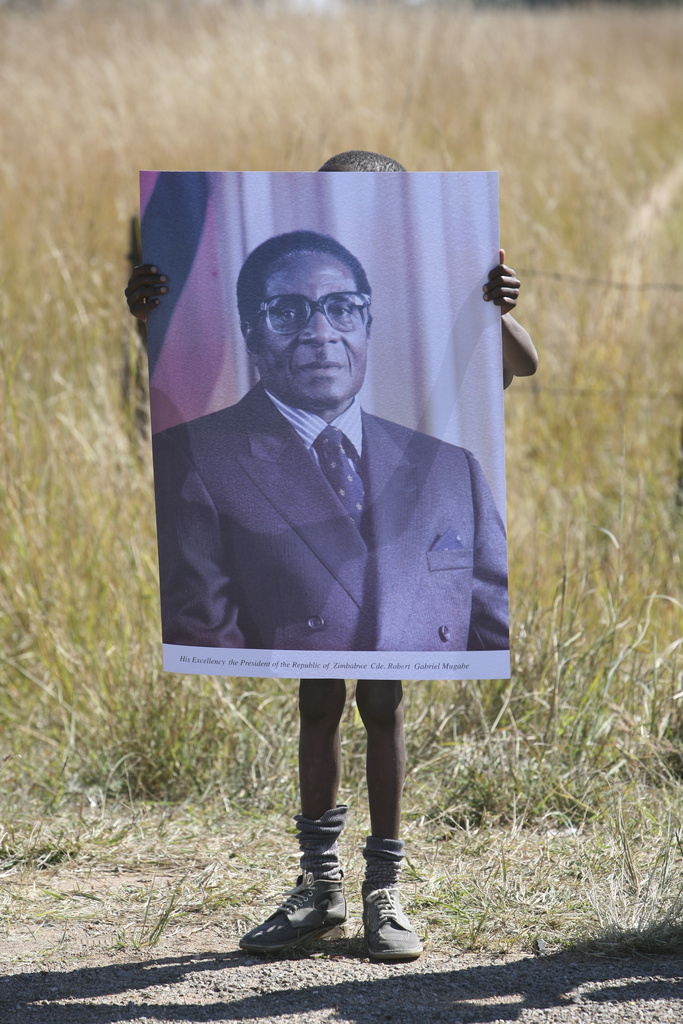
More
Switzerland moves into Mugabe’s firing line
Mugabe turned on the West, and Switzerland was not spared. In 2011 he took offence when Switzerland refused visas to members of a Zimbabwean delegation including his wife and foreign minister who were expected at an international telecoms conference in Geneva. “Now [the Swiss] are showing that they are vicious and we will reciprocate because they have their properties here,” he threatened.
Threats
While the elderly Mugabe was well known for his verbal attacks on the West, the threats to retaliate against Swiss interests in Zimbabwe were taken seriously.
Several Swiss companies were present, the most visible of which was food giant Nestlé, which already had a difficult relationship with the Mugabe regime. In 2010 Nestlé Zimbabwe was forced, like other multinationals, to cede 51% of the company as part of Mugabe’s economic “indigenisation” policy.
The indigenisation policy followed the seizing of white farms, which helped push the country’s economy into a downward spiral.
In 2017, amid concerns that Mugabe was grooming his wife Grace as his successor, the army turned against him and he was forced to step down. Swiss diplomats advised on the drafting of a code of conduct for the first elections following Mugabe’s departure, designed to help prevent the electoral violence that had become his hallmark.

In compliance with the JTI standards
More: SWI swissinfo.ch certified by the Journalism Trust Initiative

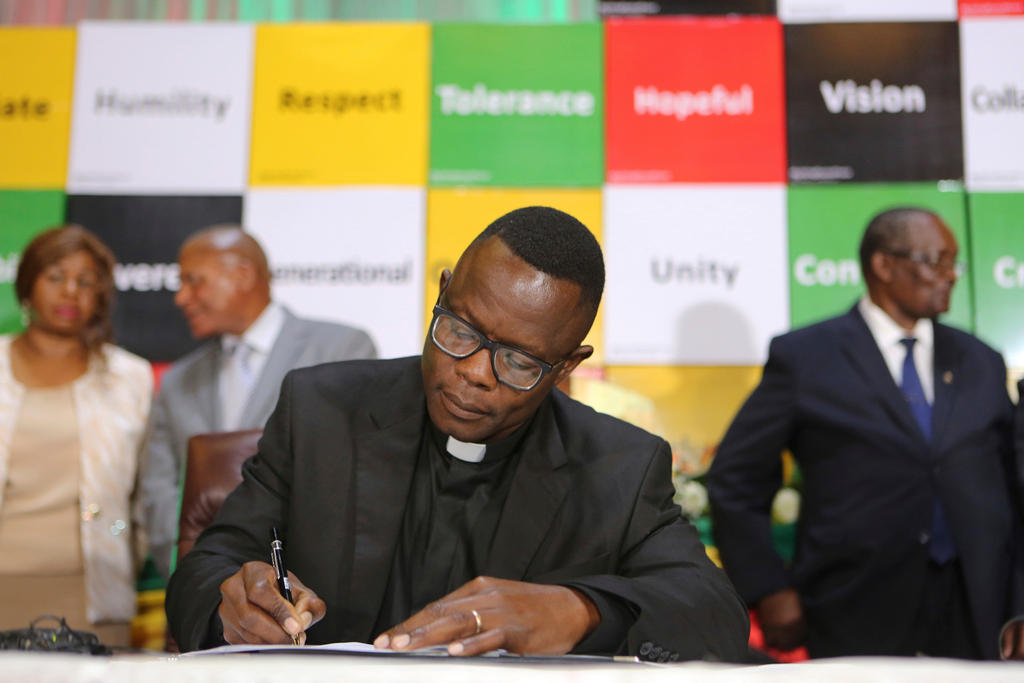

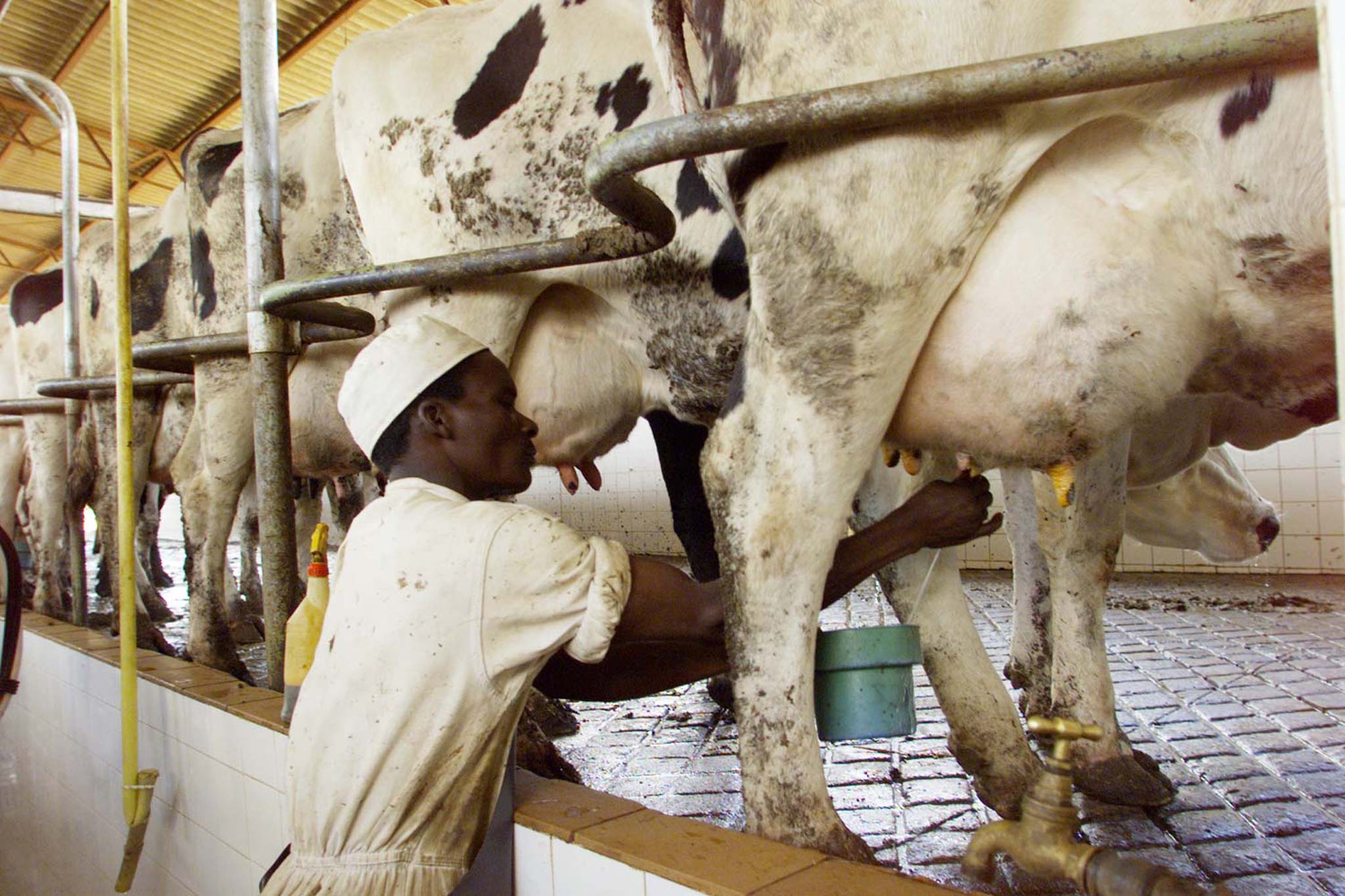
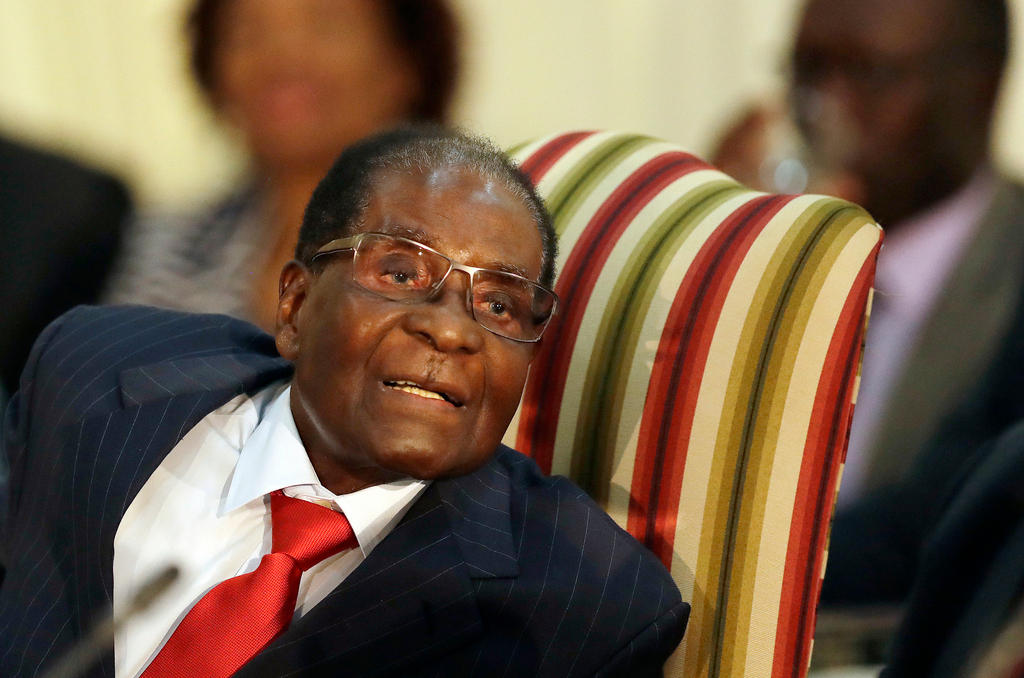
You can find an overview of ongoing debates with our journalists here. Please join us!
If you want to start a conversation about a topic raised in this article or want to report factual errors, email us at english@swissinfo.ch.